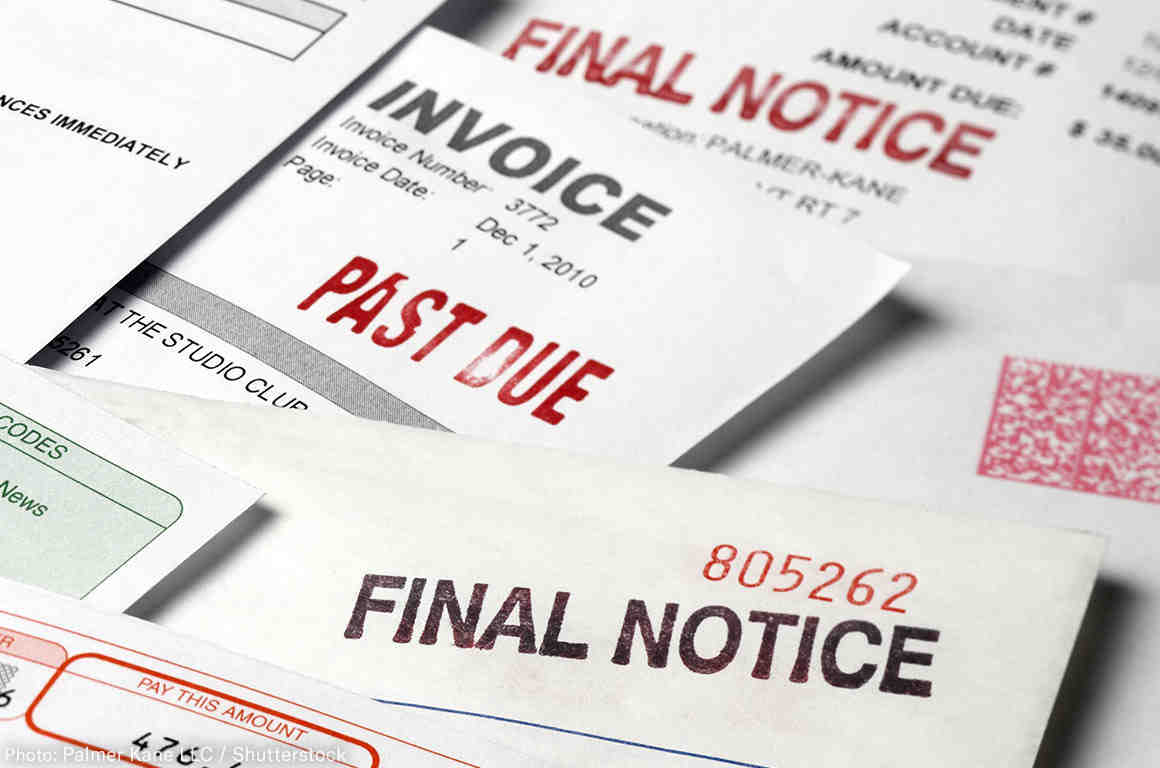If you are thinking about purchasing a UK home, there are many different factors you need to consider. One of the most important elements to factor in is the legalities of purchasing a UK home within the location in question. In the United Kingdom, the housing market is incredibly competitive, so understanding the legal considerations is imperative before you get started on your property hunt.
There is no denying that owning a property in the UK is quite complex. There are a number of different issues you need to be aware of, especially if you currently reside in another country. We always recommend working with an experienced and reputable solicitor in the beginning, as he or she can help guide you through the legal process and ensure you do not fall into any traps along the way.
Contents
Owning a property in the UK
There are two principal ways that you can hold a property in the UK, either freehold or leasehold. Freehold is pretty simple; you own the property for an unlimited period of time. However, leaseholds mean that there is a time limit on how long you own the property, which can vary from as little as three years all the way up to 999 years.
You will find that leaseholds are still rather common in the London property market especially. In a lot of cases, if there are around 100 years left on the leasehold, the investment is still going to be suitable. However, if time is ticking, this is going to diminish the leasehold, so you do need to factor this in as well.
What taxes will overseas buyers face?
When you purchase a property anywhere in the United Kingdom, there are specific taxes that you are going to need to pay so these need to be taken into account in the overall property finance arrangements. The fiscal landscape in the UK is changing all of the time.
Your circumstances, i.e., whether or not you have UK residency, may also have an influence on the rates you are going to need to pay. Your tax advisor and a solicitor will be able to provide you with a clear understanding of what you are going to need to pay and whether or not there are any updates to legislation that you need to know about.
Structuring your purchase
You will be able to structure your property acquisition in a number of different ways. However, the majority of people do tend to purchase properties in their individual names.
Nevertheless, you may be able to use a special purchase vehicle or offshore company to help you make your purchase. It all depends on your unique personal situation and your reasons for purchasing a UK home.
Final words on the legal considerations when Purchasing a UK home
As you can see, there is a lot that needs to be considered when purchasing a UK home. this is why it always makes sense to enlist the assistance of professionals who can help you every step of the way. Once you are informed of all your options, you’ll be in the best place to get started with the purchase of your new UK home.
Read Also:





















